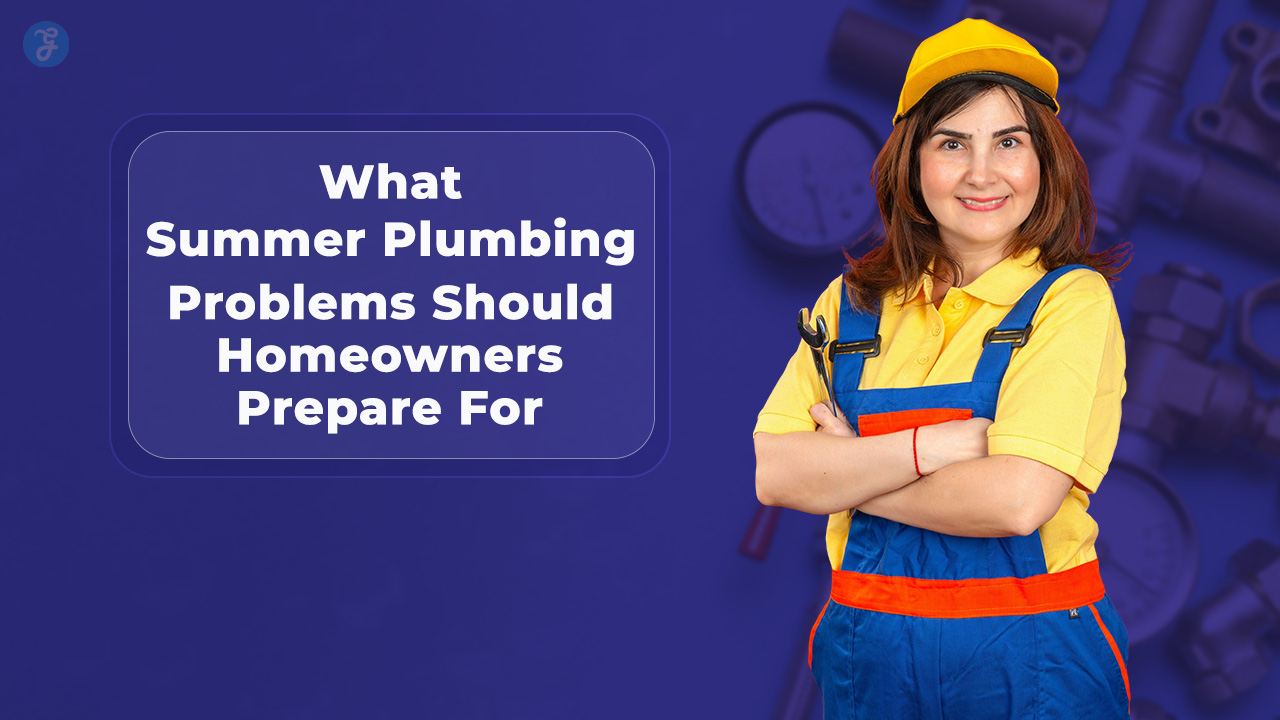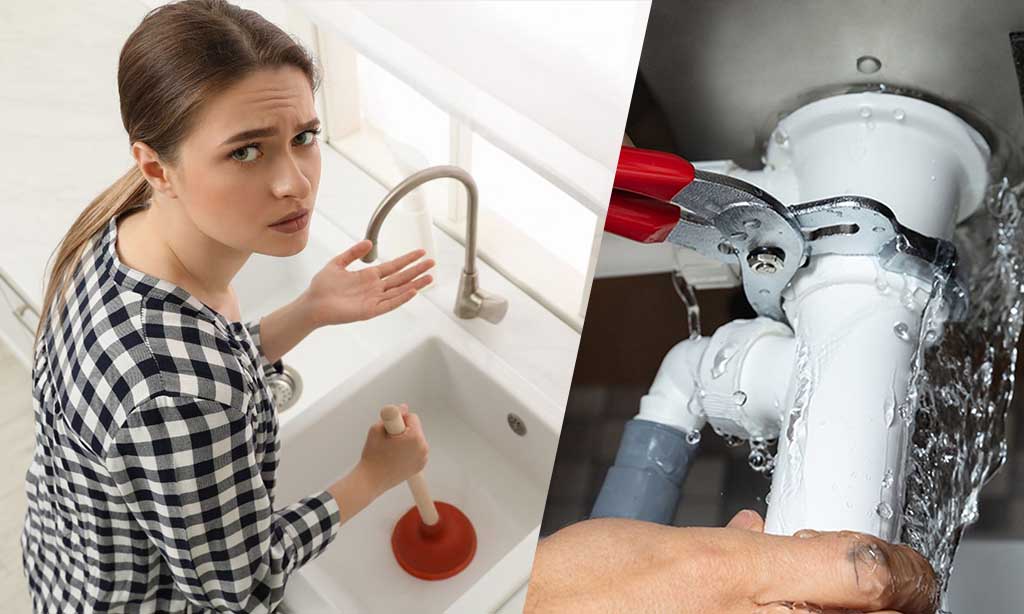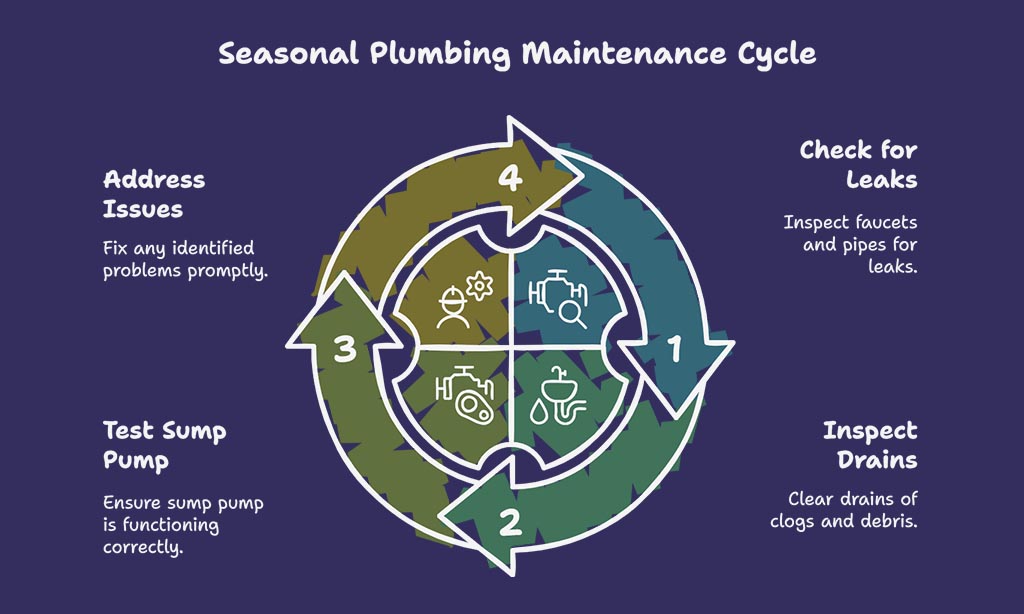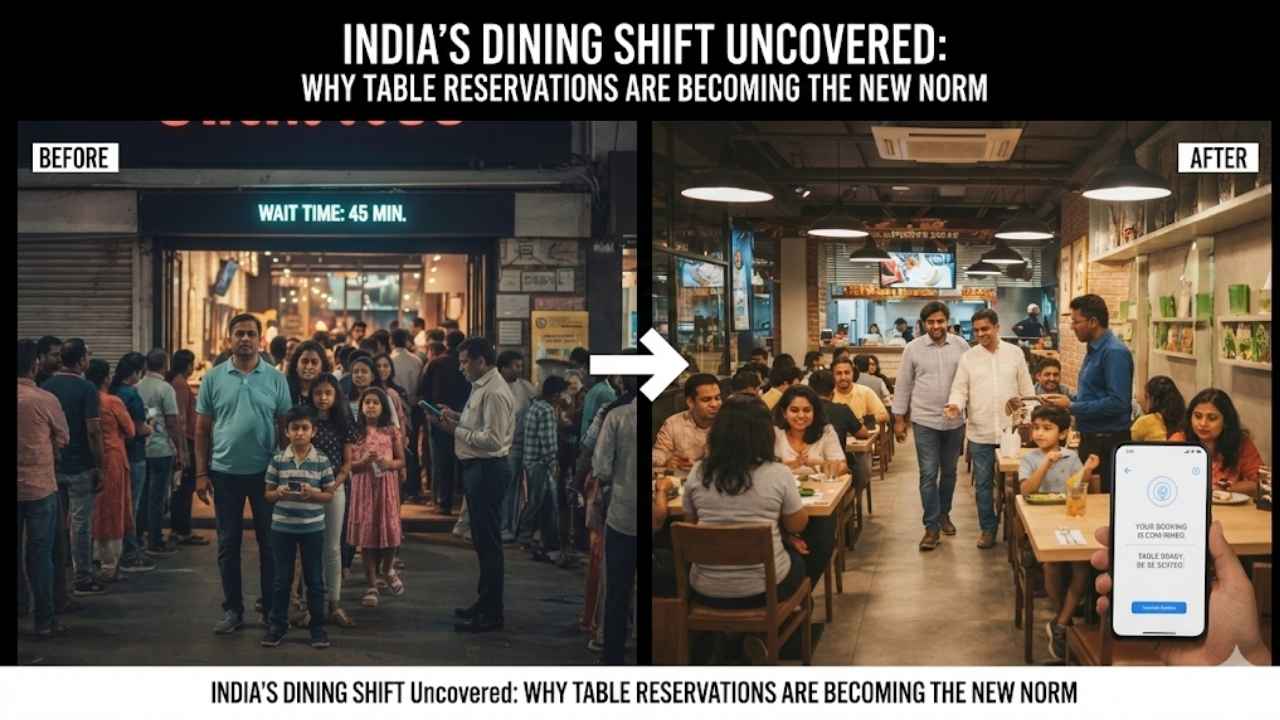Summer is fun, but it can be tough on your plumbing. Hot days mean more water use—longer showers after the pool, running sprinklers for the lawn, and extra loads of laundry. This extra strain can lead to clogged drains, leaky faucets, or even bigger problems like basement flooding.
Did you know high temperatures make pipes expand? This can cause leaks or cracks in your plumbing system. Ignoring these issues could lead to costly repairs later.
This blog will help you spot common summer plumbing problems and give easy tips to avoid them. Keep reading to save time, money, and stress!
Common Summer Plumbing Problems
Summer heat brings unique headaches to your pipes. Small issues can quickly spiral into costly plumbing emergencies.
Clogged Shower and Tub Drains
Hair, soap, and dirt can block shower and tub drains in no time. Hot water and summer heat make this worse by softening grease that clings to pipes. As water drains slower, standing water builds up, bringing bad smells.
Children home from school often means heavier bathroom use. More hair sheds during warm months as well. Cleaning strainers regularly helps prevent clogged shower drains. If your drain is slow or fully blocked, call licensed plumbers for quick plumbing repairs before it floods.
A small clog today saves you a big mess tomorrow.
Toilet Blockages
Toilets often clog in summer due to frequent use during vacations or gatherings. Items like wipes, paper towels, or too much toilet paper can block the pipes. Clogged toilets may also strain sewer systems, leading to backups.
High temperatures can worsen this by affecting older septic tanks and sewer lines.
Flushing non-flushable items like towellettes increases water wastage and causes plumbing emergencies. Always keep a plunger handy for small clogs. For severe blockages, licensed plumbers are your best option for quick repairs.
Avoid pouring harmful chemicals into clogged toilets—they damage pipes over time! Save water while addressing these issues promptly to prevent further problems.
Garbage Disposal Clogs
Food scraps and grease cause garbage disposals to clog fast. In summer, more cookouts mean extra strain on your unit. Hard foods like corn cobs or bones don’t break down well and block blades.
Pouring oil down the drain also coats pipes, leading to backups.
Run cold water while using the disposal to keep it clear. Avoid overloading it with waste all at once. Cleaning with ice cubes can sharpen blades and remove buildup. If clogs persist, call licensed plumbers for help before damage worsens.
Leaky Faucets and Dishwashers
Leaky faucets waste a lot of water. Even small drips can add up to gallons every day. This raises water bills and causes water waste. High temperatures in summer can make metal parts expand, leading to more leaks.
Dishwasher leaks are messy and damage floors fast. Check seals, hoses, and connections often for signs of wear or cracks. Addressing problems early prevents costly plumbing repairs later.
A single faucet drip can waste over 3,000 gallons each year.
Outdoor Plumbing Issues
Summer heat can wreak havoc on outdoor plumbing, so watch for leaks, breaks, or odd water pressure—your yard might be hiding problems!
Hose Bibb Leaks
Hose bibb leaks waste water and raise bills. A worn-out washer or damaged valve often causes these leaks. Harsh summer heat can worsen the problem by expanding metal parts, leading to cracks.
Even a small drip can lead to gallons of wasted water over time.
Inspect outdoor faucets regularly for drips or pooling water around the spigot. Tighten connections with a wrench if needed, but don’t overtighten—it could damage threads. If repairs fail, call licensed plumbers for help replacing faulty hose bibbs or washers.
Fixing these issues early prevents bigger plumbing problems later on!
Sprinkler System Malfunctions
Broken sprinkler heads can waste gallons of water in no time. Sometimes, damaged seals or clogged nozzles stop sprinklers from working right. High heat, soil shifting, or tree roots often cause this damage.
Regular checks can catch small leaks before they turn into big problems.
Low water pressure may also signal issues like irrigation pipe cracks or blockages. This reduces watering efficiency and risks harming plants during dry spells. Cleaning filters and inspecting connections helps avoid costly repairs later on.
Irrigation Line Damage
Irrigation lines can burst or leak under high heat. Warm weather makes pipes expand, which stresses weak spots. Small cracks in irrigation systems waste water and raise bills fast.
Check often for leaks near valves or sprinklers to avoid surprises.
Tree roots also damage underground irrigation lines during summer growth. They break pipes while searching for moisture. Keep trees trimmed back from your irrigation system to protect it.
Regular plumbing maintenance can catch issues early before costly repairs pile up!
Seasonal Plumbing Maintenance Tips
Keep your plumbing in shape by checking for signs of wear or damage. Small fixes now can stop big problems later, saving both water and money.
Check for Leaks and Drips
Leaks can waste gallons of water fast. A dripping faucet, for example, may lose 3,000 gallons a year. Look under sinks and check pipes for wet spots or rust. Inspect toilets for running water sounds or ghost flushing.
These small leaks can lead to larger plumbing issues if ignored.
Outdoor faucets like hose bibs can also develop leaks during summer heat. Watch out for puddles near sprinklers or irrigation systems—this might mean damaged lines. Fixing these early helps save money and prevents water damage around your home.
Inspect and Clean Drains
Clogged drains cause headaches in summer. Hair, soap scum, and dirt build up fast in shower and tub drains. Clear them before they slow the water flow or stop it completely. Use a drain snake or a simple baking soda and vinegar mix to break down clogs.
Check kitchen sinks too. Food particles from grilling season can clog pipes quickly. Garbage disposals also need attention, so run cold water while using them to avoid future blockages.
Keep your plumbing systems running smoothly by cleaning drains regularly this summer!
Test Your Sump Pump
Pour water into the sump pit to check if your sump pump works. The pump should start quickly and drain the water fast. Listen for odd noises or delays, as these can point to problems.
A working sump pump keeps basements safe from flooding during summer storms.
Inspect the sump pump’s power source. Make sure it is plugged in and has no loose wires. Check for clogs in discharge pipes that carry water away from your home. Clear any debris around the pit to prevent blockages.
Testing now avoids costly repairs later!
Takeaways
Summer can bring plenty of plumbing headaches, but good prep makes a big difference. Check for leaks, clear your drains, and test your sump pump before problems arise. Fixing small issues fast saves time and money later.
Got outdoor fixtures? Inspect those too! Don’t let clogs or leaks ruin your summer fun—stay ahead with simple maintenance steps. Need help? Call a licensed plumber to keep things flowing smoothly!
FAQs
1. What are common summer plumbing problems homeowners face?
Homeowners often deal with clogged shower drains, leaky faucets, garbage disposal clogs, and dishwasher leaks. Summer storms can also lead to basement flooding or sump pump issues.
2. How can summer heat affect water heaters?
Hot weather increases water usage, which puts more strain on both tank and tankless water heaters. Regular plumbing maintenance helps avoid hot water storage problems.
3. Why do washing machines cause trouble in the summer?
Washing machine hose leaks are common due to higher laundry loads during summer activities like swimming or gardening. Inspect hoses for cracks to prevent bigger plumbing repairs.
4. Can outdoor plumbing be a problem in the summer?
Yes, broken sprinkler heads, irrigation leaks, and outdoor spigot issues often occur when watering gardens or lawns more frequently during dry months.
5. How do tree roots create sewer line backups?
Tree roots grow toward sewer pipes searching for groundwater during dry spells. They can crack pipes and cause serious blockages that require professional plumbers.
6. When should I call emergency plumbing services in the summer?
Call for help if you have major problems like basement flooding from a failed sump pit, severe clogged toilets that won’t flush, or significant drops in your home’s water pressure caused by unseen leak detection needs.






































